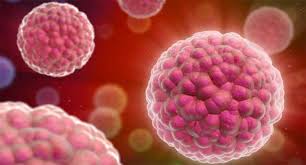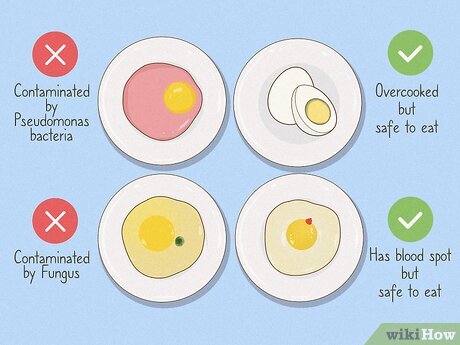Dr. Rumana Makhdoomi
 I am glad that in a turmoil hit valley where security related issues always dominate the scene, Greater Kashmir has come out with scary statistics about cancer in Kashmir (GK dated 20th and 21st March, 2015). Cancer burden in Kashmir is steadily increasing – not denying the fact. There is lot that is being done in premier institutions of the State to combat the disease and lot that is not done, and lot that needs to be done. You need to read on to understand, how cancer can be controlled and fought effectively in our place.
I am glad that in a turmoil hit valley where security related issues always dominate the scene, Greater Kashmir has come out with scary statistics about cancer in Kashmir (GK dated 20th and 21st March, 2015). Cancer burden in Kashmir is steadily increasing – not denying the fact. There is lot that is being done in premier institutions of the State to combat the disease and lot that is not done, and lot that needs to be done. You need to read on to understand, how cancer can be controlled and fought effectively in our place.
I see a 70 year old emaciated woman from a far-flung area of Kashmir who is referred by a surgeon for an FNAC (fine needle aspiration cytology) of a breast lump. When the woman removes her ‘Feran’ I see an oozing ugly and painful ulcer on her breast which seems definitely malignant. When asked about how long it has been there, she says that it has been there for a long time. Initially it was small but grew with time and has of late reached this state. I asked her where was she for so long? The patient tells me that she was shy enough to talk about it to anyone. This woman represents a typical Kashmiri innocent/ignorant patient who is unaware that a lump in the breast could be cancer and cancer if diagnosed and treated early may be cured.
Similarly in the same FNAC clinic we see a 20 year old college going girl who again presents with an oozing and ulcerated lesion on her breast, unaware that it could be cancer. Like the old woman she too has not confided about her disease to anyone till it has reached a stage of widespread dissemination. This young lady had a history of breast cancer in her family and thus was susceptible enough to get the disease. If a college going girl is as ignorant as an old about a disease as sinister as breast cancer – it means we have failed in our duty to make people aware about breast cancer. Many cancers nowadays if picked up early are 100% curable. If patients report with subtle signs, cancer are cured effectively.
There is little emphasis on early diagnosis and treatment of cancer in Kashmir because ‘awareness’ abut various cancers is the key to their diagnosis and treatment. Are we spending any of our resources on ‘awareness’?
I remember as a child an advertisement on Radio Kashmir about tobacco smoking ‘Tamaek dama diyiv Na, Aes na baya chavaeni….,, amisaet chhu seene krehnan’. I remember the campaign against tobacco smoking was so effectively run on radio that many men and women quit smoking.
How does a woman know that a lump in her breast could be cancer unless you forewarn her? How does a man who coughs out blood know that it could be a warning sign for lung cancer? How does a man know that chronic irritation caused by a ‘Kangri’ snuggled in between one’s legs can lead to Kangri cancer? How does an old man know that a convulsion could mean a brain tumour?
Most of the cases of cancer present to clinicians at a late stage. Cancer is a word that should keep you on toes, but man has been able to defeat many cancers with early diagnosis and adequate treatment. Cancer awareness is lacking in Kashmir and so is screening for cancers commonly found in our population. Politicians throughout the world inaugurate cancer awareness drives i.e. they wear pink ribbons to create awareness for breast cancer. Has a Kashmiri politician ever talked about anything remotely linked to cancer?
Gastrointestinal cancers form a major chunk of cancers reported from this part of the world – food habits and genetic factors are the possible aetiological factors. Mass screening is required to pick the lesions early, otherwise most patients come in late stage. In far-flung areas,




